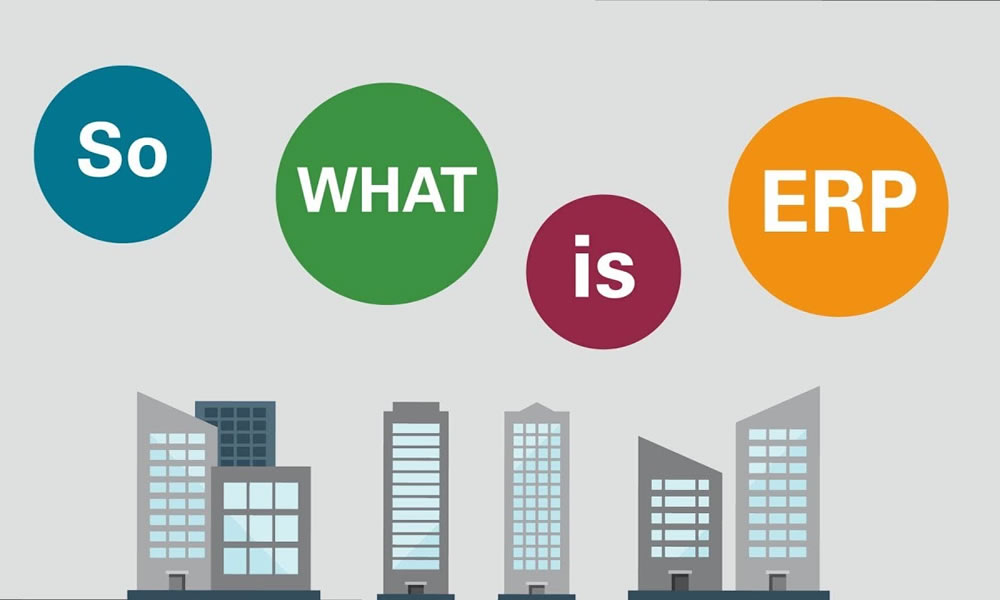
Transportation is an important part of national economy and functions as its foundation, support and service provider. However, with growing demand for transport services, largely met by the use of private cars, concern about increasing congestion, air pollution and fuel consumption is mounting. The study therefore sought to investigate how private car usage give rise to traffic congestion in major metropolitan cities under varying levels of mass transport usage propensity and the extent to which traffic congestion affects fuel consumption and productivity of public sector workers (teachers) across Ghana. Lost hours as a result of congestion were measured along some selected major highways in Kumasi and Accra. In addition, a survey-based primary data was obtained from teachers in Accra and Kumasi Metropolitan areas. With respect to the analysis of the primary data collected, the reliability and validity of the measures used to access each construct was assessed with Confirmatory Factor Analysis (CFA) while the proposed structural relationships between the constructs were assessed using Structural Equation Modeling (SEM) technique.
The study revealed that congestion reduces worker productivity by 8.21% since it reduces Gross Domestic Product (GDP) by 8.21%. Again, high levels of private car usage are positively related to increases in traffic congestion and high levels in traffic congestion is positively associated with greater levels of fuel consumption. The study concludes that the impact that private car usage has on fuel consumption is through the increased traffic congestion that the increase in private car usage creates. Since urban transportation externalities are a key challenge, policy directions such as; more extensive public transport system, enforcement of emission controls, coordination of traffic signals, education of drivers on fuel economy and efficient land use and urban planning should be embraced to ensure a sustainable transportation environment.



